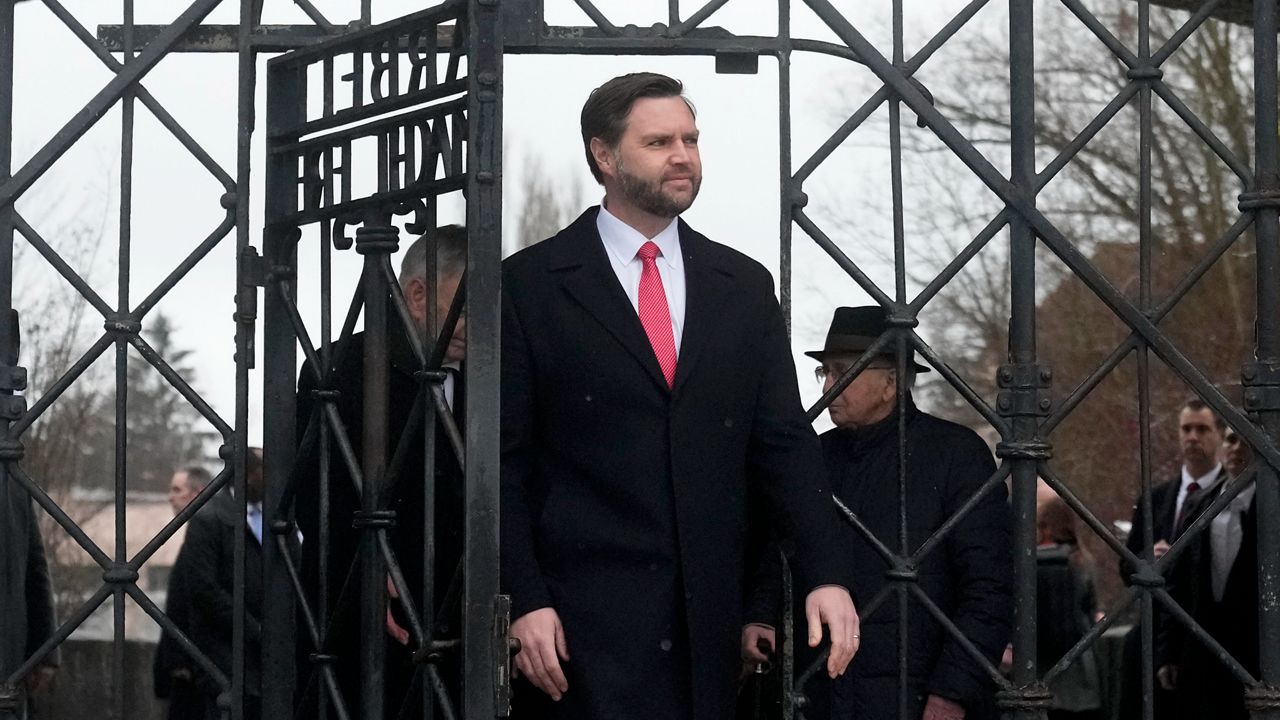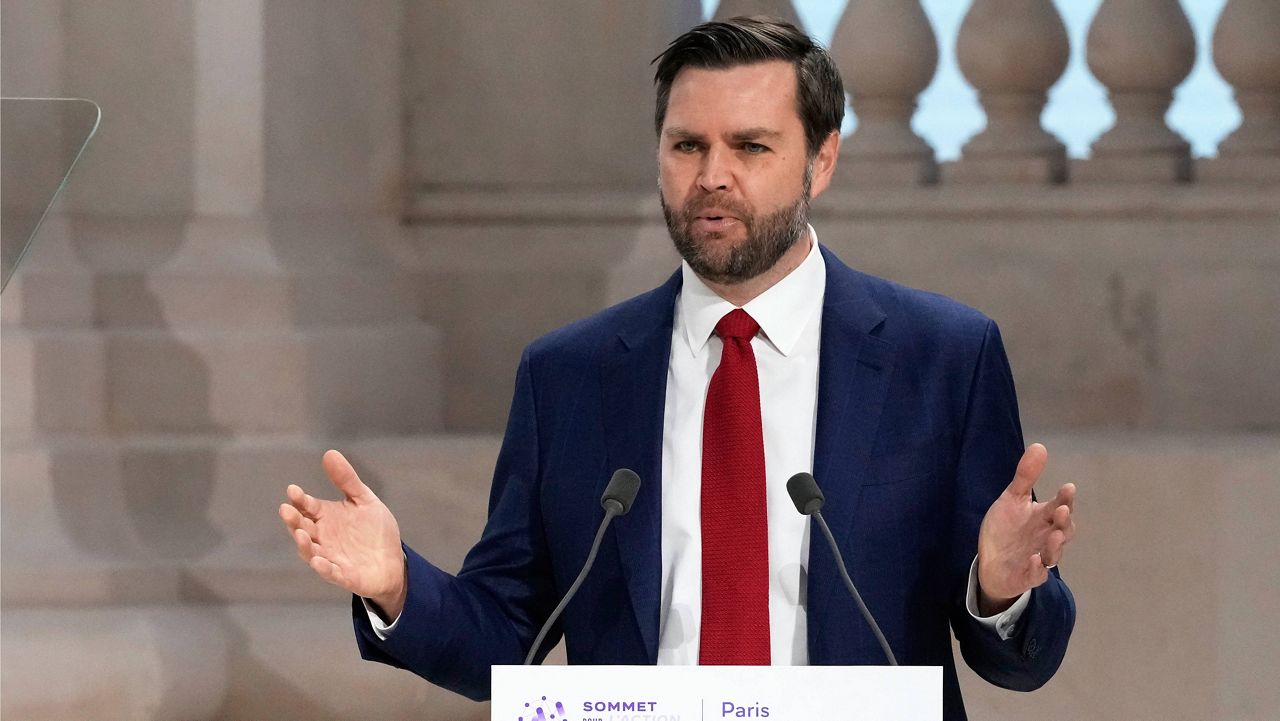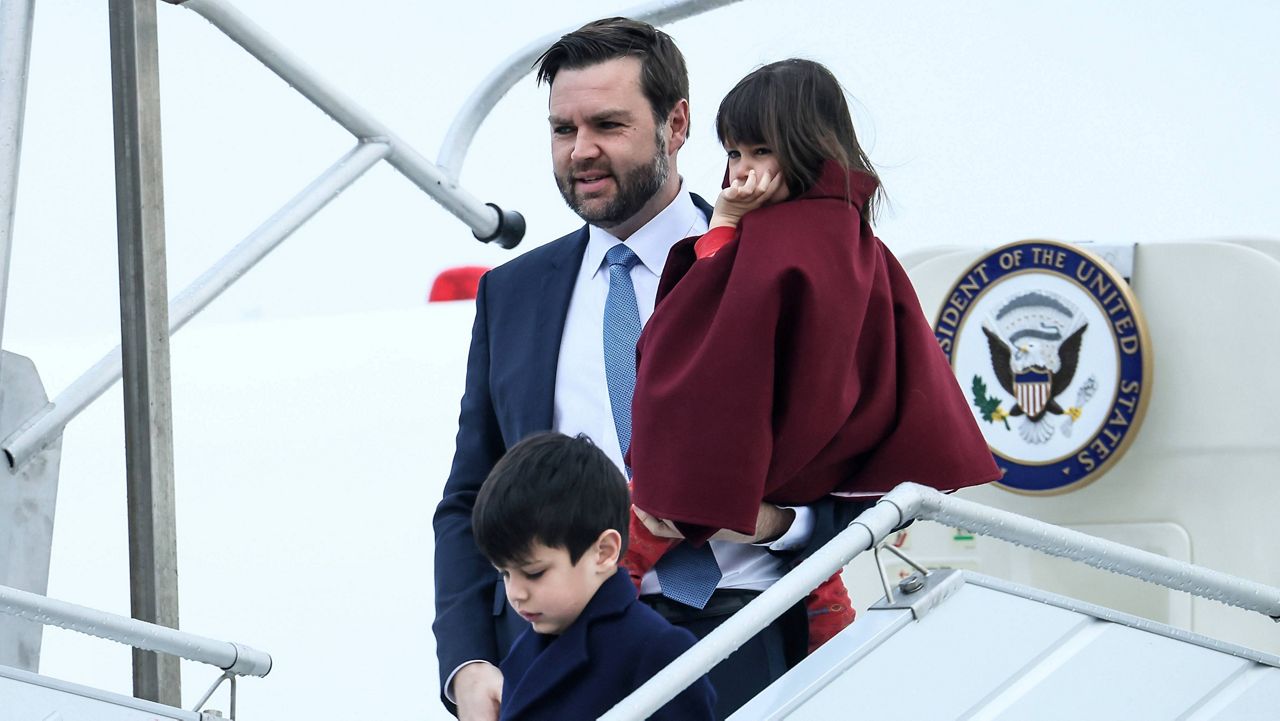WASHINGTON — A federal appeals court panel on Friday unanimously upheld a law that could lead to a ban on TikTok in a few short months, handing a resounding defeat to the popular social media platform as it fights for its survival in the U.S.
What You Need To Know
- A federal appeals court panel on Friday unanimously upheld a law that could lead to a ban on TikTok in a few short months, handing a resounding defeat to the popular social media platform as it fights for its survival in the U.S.
- The U.S. Court of Appeals for the District of Columbia Circuit ruled that the law - which requires TikTok to break ties with its China-based parent company ByteDance or be banned by mid-January - is constitutional
- TikTok argued that the statute ran afoul of the First Amendment and unfairly targeted the platform
- TikTok and ByteDance — another plaintiff in the lawsuit — are expected to appeal to the Supreme Court
The U.S. Court of Appeals for the District of Columbia Circuit denied TikTok's petition to overturn the law — which requires TikTok to break ties with its China-based parent company ByteDance or be banned by mid-January — and rebuffed the company's challenge of the statute, which it argued had ran afoul of the First Amendment.
"The First Amendment exists to protect free speech in the United States," said the court's opinion, which was written by Judge Douglas Ginsburg. "Here the Government acted solely to protect that freedom from a foreign adversary nation and to limit that adversary's ability to gather data on people in the United States."
TikTok and ByteDance — another plaintiff in the lawsuit — are expected to appeal to the Supreme Court, though its unclear whether the court will take up the case.
"The Supreme Court has an established historical record of protecting Americans' right to free speech, and we expect they will do just that on this important constitutional issue," TikTok spokesperson Michael Hughes said in a statement.
"Unfortunately, the TikTok ban was conceived and pushed through based upon inaccurate, flawed and hypothetical information, resulting in outright censorship of the American people," Hughes said. Unless stopped, he argued the statute "will silence the voices of over 170 million Americans here in the US and around the world on January 19th, 2025."
Though the case is squarely in the court system, its also possible the two companies might be thrown some sort of a lifeline by President-elect Donald Trump, who tried to ban TikTok during his first term but said during the presidential campaign that he is now against such action.
The law, signed by President Joe Biden in April, was the culmination of a years-long saga in Washington over the short-form video-sharing app, which the government sees as a national security threat due to its connections to China.
The U.S. has said it's concerned about TikTok collecting vast swaths of user data, including sensitive information on viewing habits, that could fall into the hands of the Chinese government through coercion. Officials have also warned the proprietary algorithm that fuels what users see on the app is vulnerable to manipulation by Chinese authorities, who can use it to shape content on the platform in a way that's difficult to detect — a concern mirrored by the European Union on Friday as it scrutinizes the video-sharing app's role in the Romanian elections.
TikTok, which sued the government over the law in May, has long denied it could be used by Beijing to spy on or manipulate Americans. Its attorneys have accurately pointed out that the U.S. hasn't provided evidence to show that the company handed over user data to the Chinese government, or manipulated content for Beijing's benefit in the U.S. They have also argued the law is predicated on future risks, which the Department of Justice has emphasized pointing in part to unspecified action it claims the two companies have taken in the past due to demands from the Chinese government.
Friday's ruling came after the appeals court panel, composed of two Republican and one Democrat appointed judges, heard oral arguments in September.











